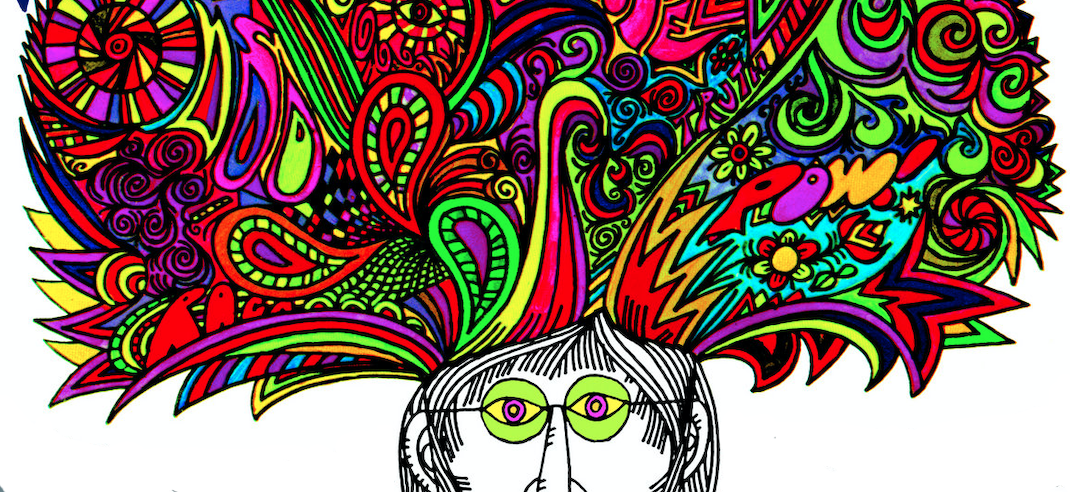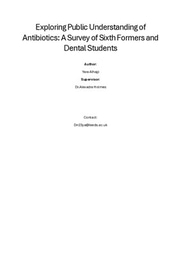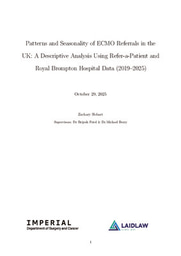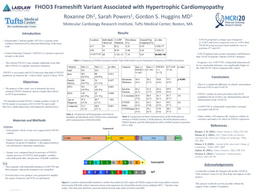Cognitive Pathologies and Conspiracy Theory Belief

There is convergent research suggesting the processes leading to conspiracy theory (CT) beliefs may be profoundly similar to understandings of pathological cognitive behaviors. By investigating CT through an interdisciplinary approach, focusing on the now dominant cognitive scientific framework of Predictive Processing (Hohwhy, 2020), I hope to uncover meaningful truths about the processing that leads us to form the sort of “bad beliefs” that constitute CT, and about the possible relationship between accepting these sorts of bad belief networks and various pathologies. This research is interesting to me due to the impacts on well-being, mental health, global security, and politics. By increasing our understanding of the cognitive processes that enable bad belief systems I hope to be able to minimize the threat posed by bad belief networks, to individuals and to societies.
Various streams of research, including cognitive science, philosophy, neuroscience, and psychology are converging today on the idea that living organisms remain alive by reducing uncertainty. Uncertainty is tackled by the brain generating predictive models that capture changes in our bodies and environments, and we use those models to predict what will happen next (Nave et al., 2022). This emerging cognitive framework is called the Predictive Processing Framework (PPF). According to PPF danger can be reduced by minimizing the differences between the world as predicted by our model, and the real world (Clark 2015). At their best, these predictive models use new sensory information to evaluate, and dynamically readjust the predictive models to create a belief system that then controls how future sensory inputs are processed. Crucial then to flourishing is having an adaptive predictive model (Miller et al. 2022).
Models of pathology within PPF tend to be defined not as malfunctioning brains, but rather optimal brain processing over various suboptimal broken belief systems (Schwartenbeck et al. 2015). According to PPF, cognitive pathologies arise, in large part, when an agent's belief system becomes ‘stuck’ on certain beliefs, limiting the adaptation of their predictive model (Miller, 2020). This can be an adaptive process that protects us, for instance a soldier developing the hyper-vigilance that accompanies PTSD may be valuable in a war-zone, the same style of processing is detrimental in peace-time. The pathological aspect here emerges, in large part, when the old model fails to adapt to the new environment (Todd et al. 2015).
This inability to update beliefs in the face of new evidence also seems to characterize the formation and persistence of CT beliefs. I will focus on uncovering some of the cognitive mechanisms that underlay the formation of CT beliefs, as well as exploring how various cognitive pathologies can lead to harmful conspiracy thinking, and how engaging with harmful conspiracy theories can in turn lead to pathological outcomes. This work will also begin to suggest new ways of helping people get out of these belief networks by engaging in practices that increase adaptive belief updating (such as meditation, metacognitive reflection, cognitive behavioral therapy), and so minimize the sort of mental health and global security risks posed by CT.
Research Question:
What role can the predictive processing framework play in understanding the impacts of CT on predictive agents? Supplementary questions include: What similarities exist between beliefs in CT and pathologies of mental disorders? Can bad belief habits, such as CT, lead to pathology? Can pathology lead to the generation of bad belief habits? At what point should bad belief habits be pathologized? What can we do to protect ourselves from falling into bad belief networks?





Please sign in
If you are a registered user on Laidlaw Scholars Network, please sign in